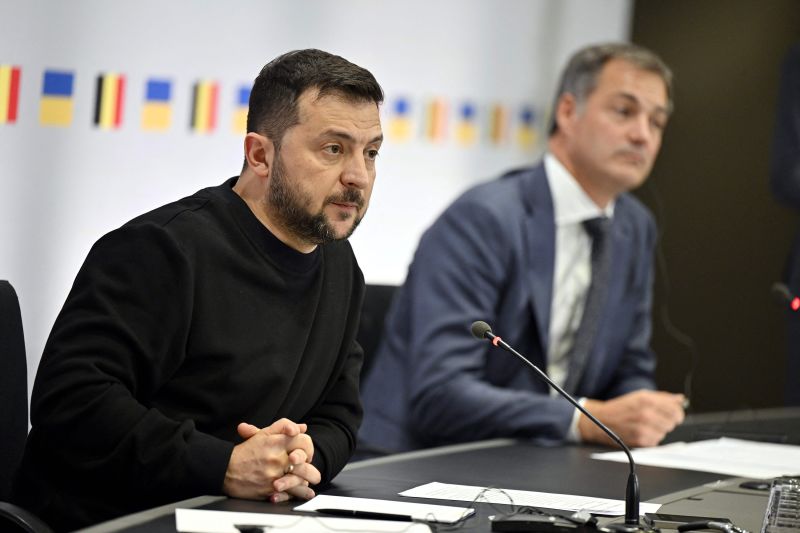Belgium, a significant participant in European Union affairs, maintains a crucial position in the ongoing investigation about alleged Russian interference in EU elections. Known for its diplomatic heart in Brussels, Belgium is a democratic hub of Europe, contributing to the efforts to ensure fair and uninterfered participation in democratic processes throughout the member states.
One of the issues at the forefront of Belgium’s attention is the suspicion of Russian cyber interference, aimed to manipulate public opinion and influence election results in member states. This interference usually takes the form of notorious information campaigns designed to create political instability, and in some cases, impacts the outcomes to favor specific parties or candidates.
In response to these allegations, Belgium, along with other EU members, has been strengthening its cyber defenses to protect its democratic processes from external threats. This initiative includes measures to counter misinformation, fake news, and other deceptive narratives. Belgium has also moved towards implementing cyber deterrent measures that include legal sanctions against potential perpetrators.
In addition to defensive measures, Belgium has called for thorough investigations into suspected interference. Their intelligence agencies are working with EU counterparts to expose any covert operations aiming to tamper with election processes. They seek to find and disclose concrete evidence of interference to bring clarity to the situation and verify the accusations made against Russia.
Belgium’s role is made more significant by housing the NATO headquarters in Brussels. As a hub of strategic decision-making, information related to national security of EU nations flows through it. This makes Belgium a critical participant in any efforts to thwart suspected Russian interference.
Moreover, Belgium has been particularly proactive in promoting transparency in electoral processes and digital domain in EU affairs. It has advocated for stricter regulations on digital platforms, including social media networks, to curb the spread of misleading content during critical times such as election campaigns.
Belgium’s role also extends to diplomatic channels with Russia. As the host of the EU headquarters, Belgium is a centre of negotiation and dialogue with Russia. Without direct accusations, it is advocating for maintaining diplomatic relations while also stressing the need for fair play in European affairs.
Further, as a part of its commitment to ensure the integrity of EU elections, Belgium has expressed interest in setting up a cybercrime center dedicated to combat digital interference. Through this, it has continued to champion the cause of fair and transparent elections.
In the fight against suspected Russian interference in EU elections, Belgium serves as both a strategic and diplomatic protagonist. While bolstering its cyber defenses and promoting transparency, Belgium is placing itself at the forefront of guaranteeing the integrity of democratic processes in a digitally interconnected world.
From Belgium’s perspective, defending democratic space from interference is a non-negotiable commitment. Even with the complexity brought about by cyber threats, the country remains steadfast. The ongoing efforts promise to create an environment where EU elections can be conducted with as little interference as possible, thereby preserving the democratic ideals that underpin the Union.
Despite the challenging circumstances and the diplomatic subtleties required to handle such a sensitive matter, Belgium’s role in investigating the suspected Russian interference in EU elections is more than just crucial. It is a testament to the EU’s commitment to safeguard democracy. Through its efforts, Belgium continues to reiterate the importance of unified European response, further validating its pivotal role in EU affairs.




